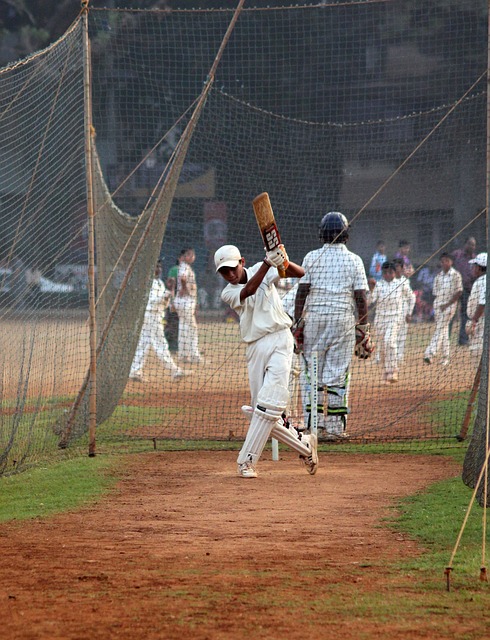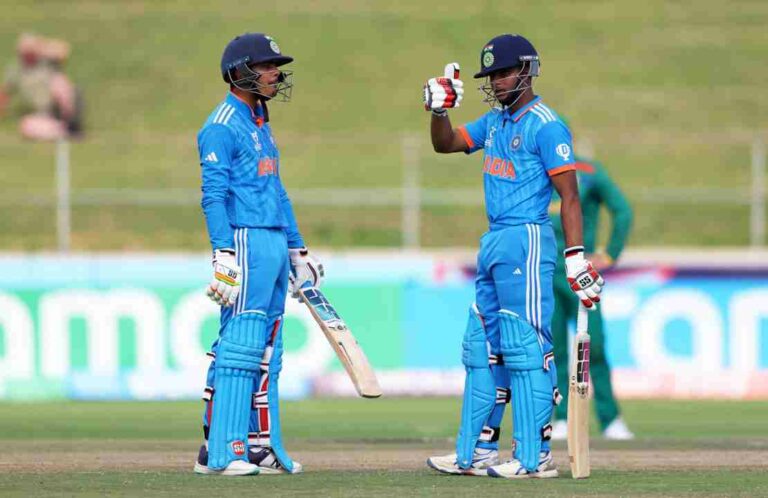Cricket and Nutrition: Fueling Performance with the Right Diet
Reddy Anna Book, Betbook247: Nutrition plays a crucial role in enhancing the performance of cricket athletes. The food choices made by players can impact their energy levels, focus, and overall physical endurance during matches. Consuming a well-balanced diet rich in essential nutrients is key to maintaining peak performance on the field.
Carbohydrates, proteins, fats, vitamins, and minerals are all vital components of a cricketer’s nutrition plan. Carbohydrates provide the necessary fuel for quick bursts of energy required during sprints between the wickets or when bowling fast deliveries. Proteins aid in muscle repair and growth, supporting the body’s recovery after strenuous training sessions and matches. Ensuring a sufficient intake of healthy fats, vitamins, and minerals is also essential for maintaining optimal health and performance levels in cricket.
Understanding the Role of Macronutrients in Cricket
Proper nutrition is crucial in helping cricket players perform at their best. Macronutrients, which include carbohydrates, proteins, and fats, play a significant role in providing the necessary energy and building blocks for optimal performance on the cricket field. Carbohydrates are the primary source of energy for cricket players, fueling both the brain and muscles during high-intensity matches.
Proteins are essential for muscle repair and growth, making them vital for cricket players who need to recover quickly and maintain muscle mass. Additionally, fats are important for providing a sustained source of energy during long matches, as well as aiding in the absorption of fat-soluble vitamins that are crucial for overall health and performance. Striking the right balance of macronutrients in their diet can help cricket players improve their endurance, strength, and overall performance on the field.
The Significance of Hydration in Cricket Performance
Proper hydration is a crucial aspect of an athlete’s performance in any sport, including cricket. Staying hydrated helps maintain optimal body functions and supports overall physical and mental capabilities on the field. In cricket, where matches can last for several hours, players must pay particular attention to their hydration levels to prevent fatigue, cramping, and loss of concentration.
Dehydration can significantly impact a cricketer’s performance, leading to decreased agility, slower reaction times, and reduced endurance. Even mild dehydration can cause noticeable effects on the body’s ability to regulate temperature, leading to potential heat-related illnesses during intense games. As such, ensuring adequate hydration before, during, and after matches and training sessions is essential for cricket players to perform at their best and stay safe on the field.
• Proper hydration is essential for maintaining optimal body functions in cricket
• Hydration supports physical and mental capabilities on the field
• Dehydration can lead to fatigue, cramping, and loss of concentration in cricket players
• Decreased agility, slower reaction times, and reduced endurance are common effects of dehydration in cricketers
• Mild dehydration can impact the body’s ability to regulate temperature during intense games
Why is hydration important in cricket performance?
Hydration is important in cricket performance as it helps maintain optimal body function, improve concentration and focus, regulate body temperature, and prevent fatigue and cramps.
How much water should a cricketer drink before, during, and after a match?
It is recommended for a cricketer to drink at least 500-600ml of water 2-3 hours before a match, 150-200ml every 15-20 minutes during the match, and at least 500ml after the match to maintain hydration levels.
Are sports drinks better than water for hydration during a cricket match?
Sports drinks can be beneficial during a cricket match as they not only provide hydration but also replenish electrolytes lost through sweating. However, water is also effective for hydration and can be sufficient for shorter matches.
How can cricketers ensure they are properly hydrated before a match?
Cricketers can ensure they are properly hydrated before a match by monitoring their urine color (pale yellow is ideal), drinking water consistently throughout the day, and consuming hydrating foods like fruits and vegetables.
What are the signs of dehydration during a cricket match?
Signs of dehydration during a cricket match include dry mouth, thirst, dark urine, fatigue, dizziness, and decreased performance. It is important to stay hydrated to avoid these symptoms.






